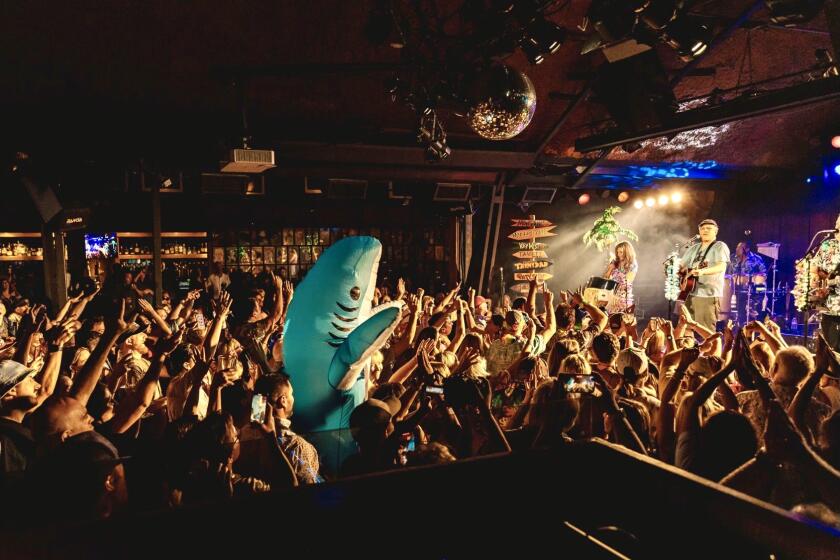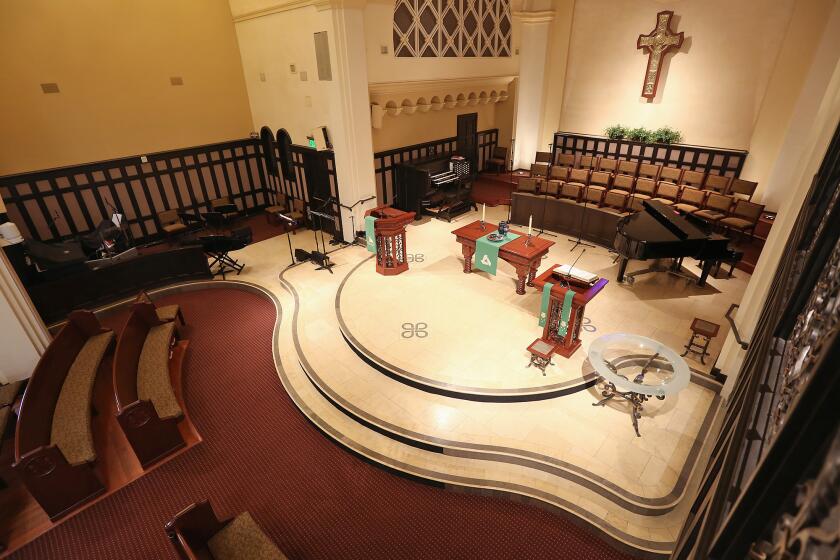Buyers covet Crystal Cove’s hill-hovering homes
Andrew Edwards
Big money has been changing hands as home sites at Crystal Cove, the
Irvine Co.’s final residential project along the Orange County
coastline, have been up for sale since September.
Deals for the pricey real estate mark the end of an era for the
developer.
“It’s such a unique environment that I don’t think will be
replicated anywhere in California,” said Joseph Davis, president of
the Irvine Community Development Co., a part of the Irvine Co.
The Crystal Cove development will be built in the hills above
Crystal Cove State Park. The neighborhood is surrounded by parkland
expected to never be developed, Davis said.
The Irvine Co. has closed escrow on or received deposits for 24 of
the 25 home sites that have gone on the market since September,
spokesman Jack Skelley said. The company plans to sell about 131 lots
for custom homes. The development also includes plans for about 179
“semi-custom homes,” with market values of up to $4 million.
“They’re not a ‘for everybody’ type of thing,” Davis said.
The opportunity to live in one of the county’s last coastal
developments was part of what attracted at least one buyer to the
area.
“It’s the last place there,” buyer Cindy McMackin said. “It’s the
final frontier. You’re not going to find another place like that in
Orange County.”
McMackin lives with her husband Ron and three children in Shady
Canyon, an Irvine neighborhood near Newport Coast. The family
purchased two lots and has hired an architect to build a custom
house. The land alone cost about $6 million.
The McMackins, who expect the area to be a family-friendly
neighborhood, were also attracted to Crystal Cove by its spectacular
beauty.
“It looks like you could reach out and touch the water,” Cindy
McMackin said.
Water was the crux of a legal challenge by environmentalists
before the development was approved. The Orange County Coastkeeper
faced off against the Irvine Co. in federal court and at California
Coastal Commission hearings.
In 2000, Coastkeeper filed a lawsuit that alleged the Irvine Co.’s
discharges had violated the Clean Water Act. The parties settled in
2001 after the Irvine Co. pledged to enhance its water-treatment
facilities. The Coastal Commission approved the development after the
accord was reached.
The agreement was a turning point in Coastkeeper’s relationship
with the Irvine Co., Coastkeeper executive director Garry Brown said.
“The most important thing that evolved was a new awareness, or
enhanced awareness of water quality from the Irvine Co.,” Brown said.
The Crystal Cove water-treatment system cost about $30 million in
direct costs, Davis said. The system is designed to divert water into
sewers rather than the ocean and includes mechanisms to filter
rainfall, catch basins and street sweepers that use vacuums to
prevent pollutants from mixing with water runoff.
“It had never been done before,” Davis said. “It made the process
more difficult. There were no standards for this type of treatment.”
Not all environmentalists were pleased with the deal. Bob Caustin,
founder of Newport Beach’s Defend the Bay, said he wasn’t satisfied
with the treatment system because it incorporates ephemeral stream
routes. Ephemeral streams are waterways that typically flow after
heavy rainfall or when soil is saturated.
Caustin also lamented what he believes is too dense of a
development at Crystal Cove, land that he thinks should be vacant.
“I’m sad to see the development along Pacific Coast Highway,”
Caustin said. “[It’s] gone the way of the dinosaur, never to be
reclaimed.”
* ANDREW EDWARDS covers business and the environment. He can be
reached at (714) 966-4624 or andrew.edwards@latimes.com.
All the latest on Orange County from Orange County.
Get our free TimesOC newsletter.
You may occasionally receive promotional content from the Daily Pilot.



